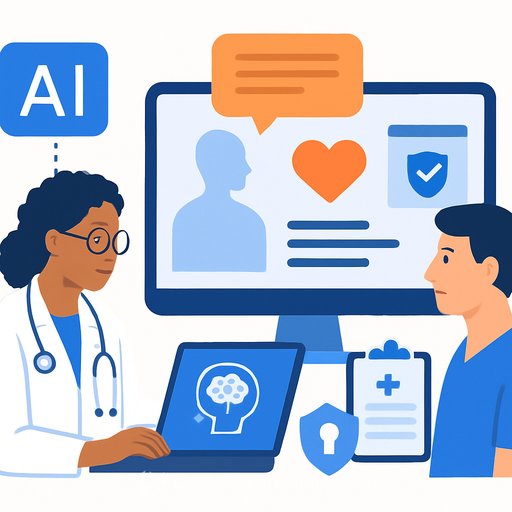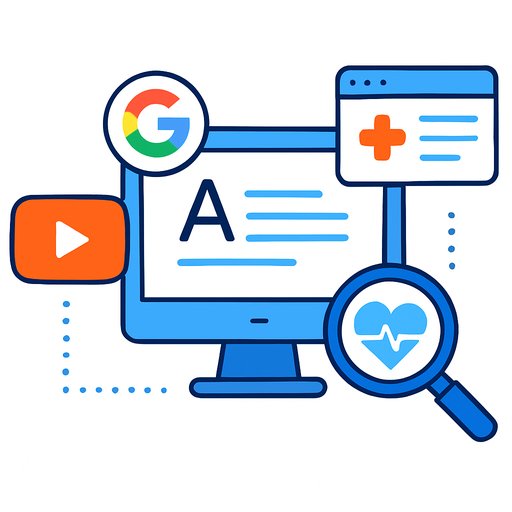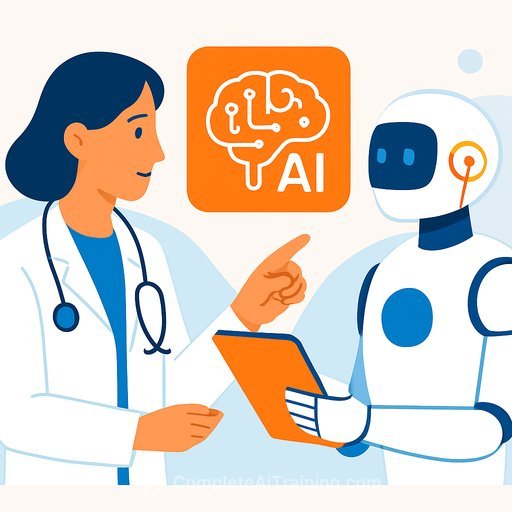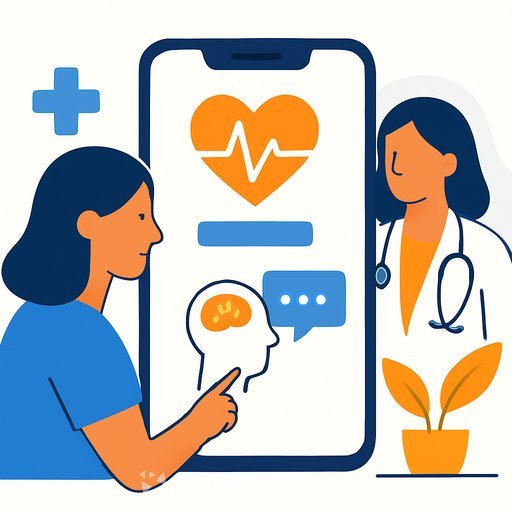Microsoft Copilot+ PC Gives Healthcare Staff Seamless Access to AI Tools
Microsoft Copilot+ PCs bring on-device AI to the point of care. With NPUs built into Windows devices, clinicians can process images, generate clinical notes and analyze patient data right on the machine. That means faster feedback, less waiting on the network, and more time with patients.
The big shift: AI runs locally. You get real-time assistance without pushing protected health information to the cloud. For teams working under HIPAA, that local boundary matters.
Why On-Device AI Matters for Care Teams
- Speed: Image analysis and note generation happen on the device, reducing latency and helping decisions move faster.
- Focus: Automated documentation lightens the admin load so clinicians can stay with the patient, not the screen.
- Reliability: Local processing helps maintain performance even with spotty connectivity.
Security and Compliance, Built Into the Stack
Copilot+ PCs process sensitive data on the NPU, keeping patient information inside a secure device boundary. That supports privacy programs under HIPAA and similar regulations. Your data stays under your control.
The devices add multiple layers of protection: Microsoft Pluton security, TPM 2.0 and enterprise-grade encryption. These hardware-backed controls help secure credentials, protect keys and guard against tampering. For policy teams, this creates a practical path to safe AI use in clinical settings.
Clinical Use Cases You Can Run Today
- Imaging support: Triage and pattern detection assistance on-device to guide next steps faster.
- Automated notes: Summaries drafted from clinician input and structured fields to speed documentation.
- Real-time data checks: Local analysis that flags medication conflicts or key vitals trends during the encounter.
- Operational tasks: Intake form parsing, discharge instruction drafts and coding suggestions to reduce backlog.
IT and Procurement Checklist
- Hardware: Confirm NPU-equipped Copilot+ PC models meet your performance targets for imaging and note generation.
- Security baseline: Enforce device encryption, secure boot, Pluton/TPM 2.0 and endpoint protection.
- Identity: Require MFA and conditional access; map device compliance to user roles (clinician vs. admin staff).
- Data controls: Set policies so PHI processed locally is stored in approved locations with retention and audit settings.
- Audit: Log access, model usage and data flows; verify settings against HIPAA policies and internal risk controls.
Rollout Plan for Healthcare Teams
- Pilot: Start with a small unit (e.g., urgent care or radiology) to benchmark turnaround times and documentation gains.
- Guardrails: Define what content is allowed on-device, what requires approval and what never leaves the EHR boundary.
- Workflow fit: Integrate with existing EHR templates and dictation tools so clinicians don't need to relearn the basics.
- Feedback loop: Collect clinician comments weekly, adjust prompts and templates, then scale gradually.
What Stays Local vs. What Might Use the Cloud
Copilot+ PCs process AI tasks locally by default, protecting PHI and improving responsiveness. Some organizations may still route model updates, policy packs or non-PHI analytics through secure services. Keep the default path local for PHI, and document any exceptions.
Bottom Line
Copilot+ PCs make AI practical at the bedside and at the workstation. You get faster diagnostics support, automated documentation and strong device-level security that aligns with HIPAA-driven workflows. The result: leaner admin, quicker decisions and better patient focus-without sending sensitive data off the device.
Need Skills and Playbooks?
If your team is building AI skills for clinical and operational workflows, explore focused training paths by role at Complete AI Training.
Your membership also unlocks:






